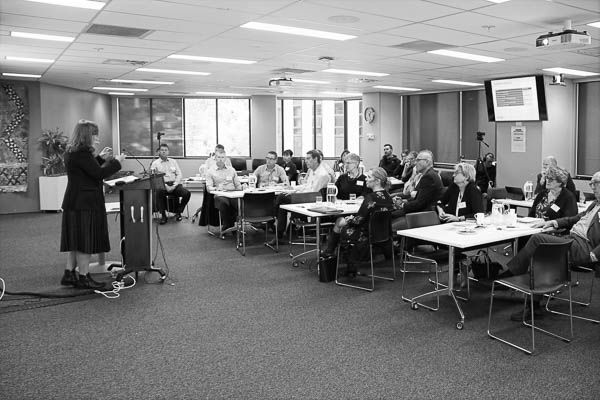
Centres of vocational excellence on the horizon
The great inventor Thomas Edison once said that opportunity is missed by most people because it is dressed in overalls and looks like hard work.

The construction sector in New Zealand, made up of 250,000 workers, is an industry where it is wonderful to see workers ready and willing to roll up their sleeves and embrace new challenges and opportunities.
Our country and our economy benefit significantly from the industry’s admirable work ethic.
In light of big technology changes on the horizon and the shortfall of 80,000 new construction workers expected over the next five years, we need to ensure that the construction landscape is ready and resilient for what today and tomorrow bring.
Education is a crucial part of a strong industry and this is why the Reform of Vocational Education is underway; the biggest change to vocational education in 25 years.
During extensive engagement and consultation this year, New Zealanders told us they agree that we need a strong, unified and sustainable vocational education system fit for the future of work and capable of delivering the skills learners, employers and communities need to thrive.
An important part of the reform is the Centres of Vocational Excellence (CoVEs).
A CoVE is a consortium of industry groups, subject matter experts, researchers and regional representatives from across a sector who collaborate to support the growth of excellent vocational education provision and sharing of high-quality curriculum and programme design across the vocational education system.
In August 2019, Education Minister Chris Hipkins announced the first two pilot CoVEs – primary and construction.
The Government will set the general parameters for these CoVEs while the specific design, functions and detailed subject matter will be determined by members of the successful consortia who will be chosen through a selection process starting with a Registration of Interest (RoI).
Consortium applications will be assessed by an independent evaluation panel made up of industry experts in the relevant sectors.
The panel will provide recommendations to the Tertiary Education Commission (TEC) Board who make the funding decisions.
The intent is that successful applicants will be selected and have funding agreements in place for CoVEs to commence establishment from mid-2020.
There is $2.5 million of funding available per year, for up to five years, for each of the first two pilot CoVEs.
While funding is for a defined period, it’s expected CoVEs will be an enduring part of the vocational education system.
Each CoVE will include one of the new Workforce Development Councils; four to seven industry-governed bodies that will take a skills leadership role working with both the industry and providers to ensure the right type of qualifications and programmes are in place.
A series of thought-provoking workshops and webinars were recently held to discuss the potential scope and functions of CoVEs.
Approximately 170 stakeholders from the primary and construction sectors were involved, including representatives from industry groups, peak bodies, iwi, institutes of technology and polytechnics, Industry Training Organisations, wānanga, private training establishments, schools and universities, employers, unions, the institute’s establishment board, and government agencies.
A summary of findings and new Q&As from the workshops and webinars are now live on the TEC website. If you are interested in the RoI process, visit their website.




